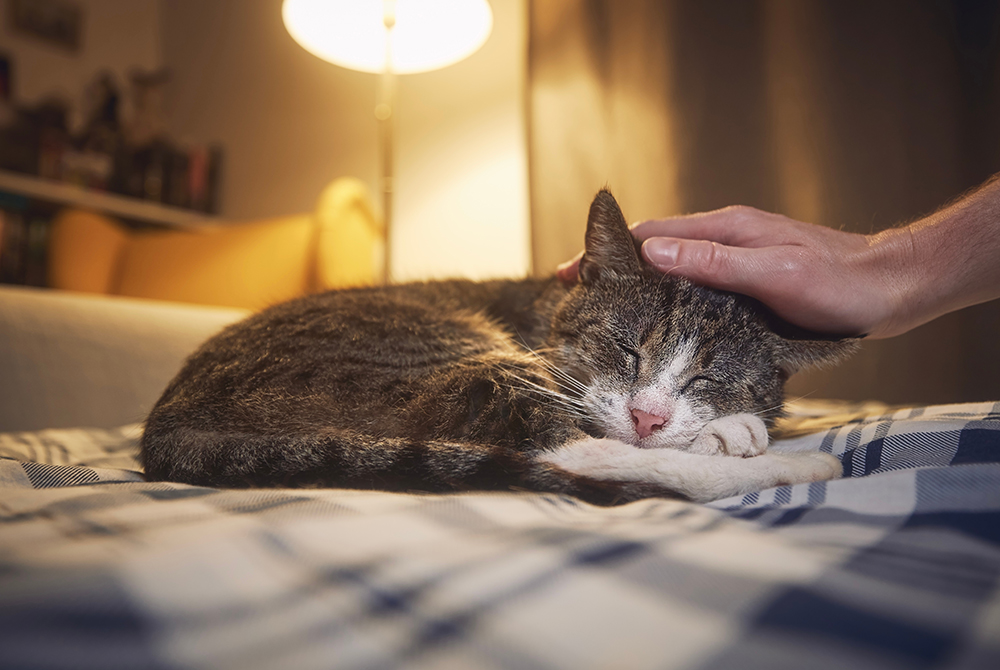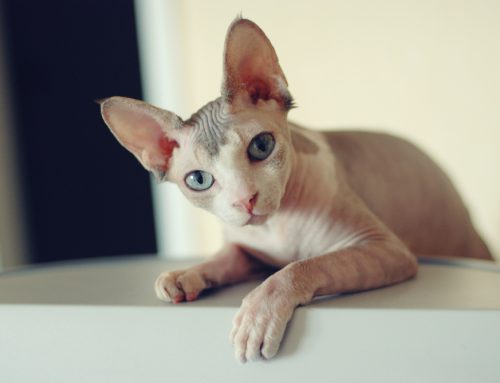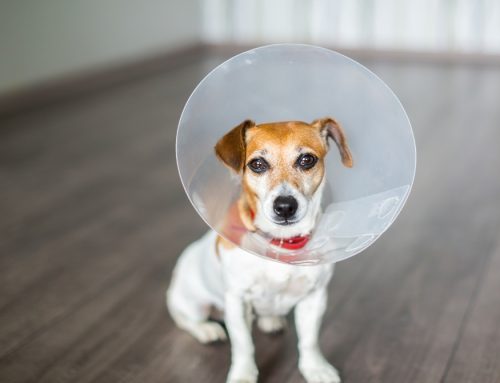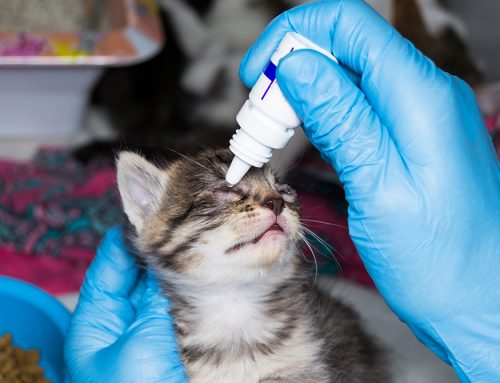Introduction
Potassium deficiency, or hypokalemia, is a condition where a cat’s blood potassium levels are lower than normal. Potassium is an essential electrolyte that helps regulate various bodily functions, including nerve and muscle function, as well as maintaining fluid balance. A deficiency can lead to serious health issues and requires prompt attention.
Causes of Potassium Deficiency
Several factors can contribute to potassium deficiency in cats, including:
- Chronic Kidney Disease (CKD): A common condition in older cats that impairs the kidneys’ ability to retain potassium.
- Gastrointestinal Losses: Conditions like vomiting or diarrhea can lead to significant potassium loss.
- Diuretics: Certain medications used to treat conditions such as heart disease may increase potassium loss.
- Inadequate Diet: A diet lacking in essential nutrients may contribute to potassium deficiency.
Symptoms
Signs of potassium deficiency in cats may include:
- Weakness or lethargy
- Muscle cramps or twitching
- Loss of appetite
- Weight loss
- Vomiting or diarrhea
- Abnormal heart rhythms
Diagnosis
Diagnosis of potassium deficiency is typically based on:
- Clinical Signs: Observing symptoms consistent with potassium deficiency.
- Blood Tests: Measuring potassium levels in the blood to confirm deficiency.
- Medical History: Reviewing any underlying conditions or medications that may contribute to potassium loss.
Treatment
Treatment for potassium deficiency often involves:
- Potassium Supplementation: Administered orally or via injection, depending on the severity of the deficiency.
- Treating Underlying Causes: Addressing any primary conditions such as CKD or gastrointestinal issues that are contributing to potassium loss.
- Dietary Adjustments: Providing a balanced diet that meets all of the cat’s nutritional needs.
Prevention
To prevent potassium deficiency:
- Regular Veterinary Checkups: Regular visits can help detect conditions like CKD early.
- Balanced Diet: Ensure your cat is fed a nutritionally complete diet.
- Monitor Medications: If your cat is on diuretics or other medications, work with your veterinarian to manage and monitor their effects.
When to Seek Help
If you notice any signs of potassium deficiency in your cat, it’s crucial to seek veterinary care promptly. Potassium deficiency can lead to severe health issues if not addressed.
Contact Us
Mission Veterinary Clinic is an urgent care facility located at 16915 San Fernando Mission Blvd, Granada Hills, CA 91344. We operate on a walk-in basis and do not accept appointments. For more information or to seek immediate care, please call us at 818-363-8143.
Conclusion
Potassium deficiency is a serious condition that requires timely diagnosis and treatment. By recognizing the symptoms and seeking prompt veterinary care, you can help ensure the health and well-being of your cat.
For more information, visit missionvet.com.










Leave A Comment